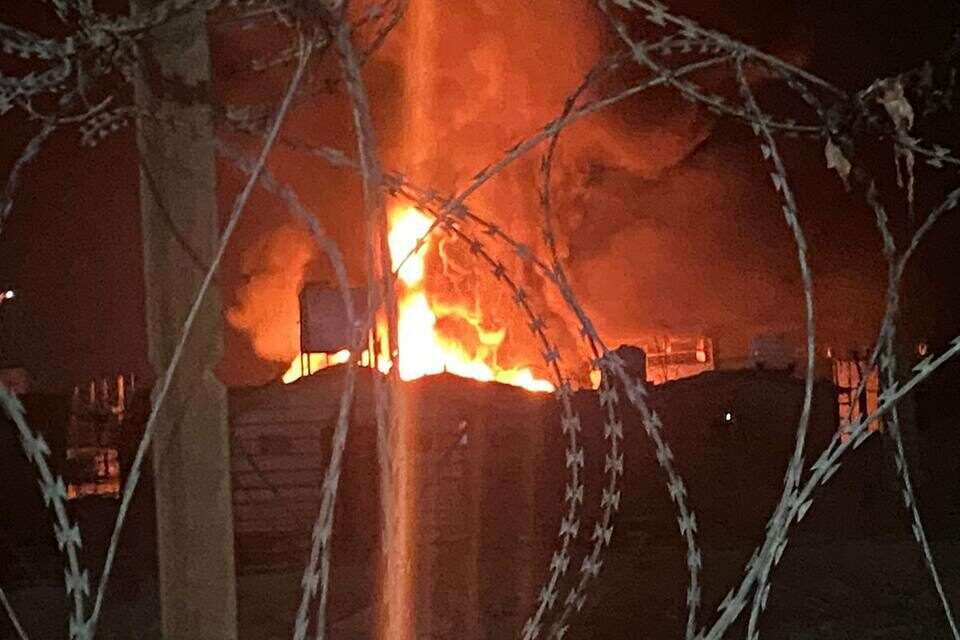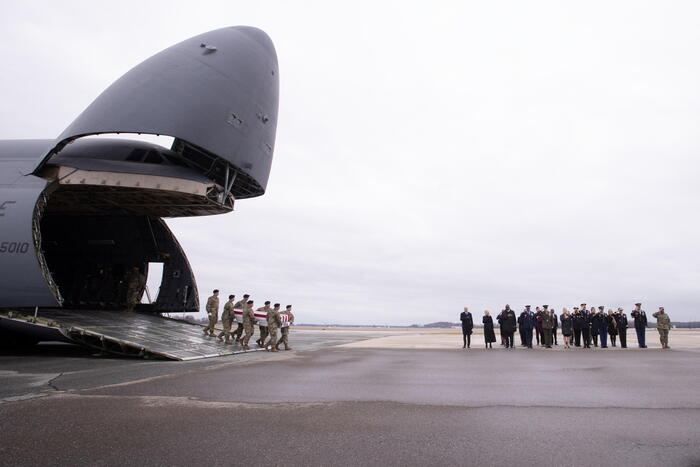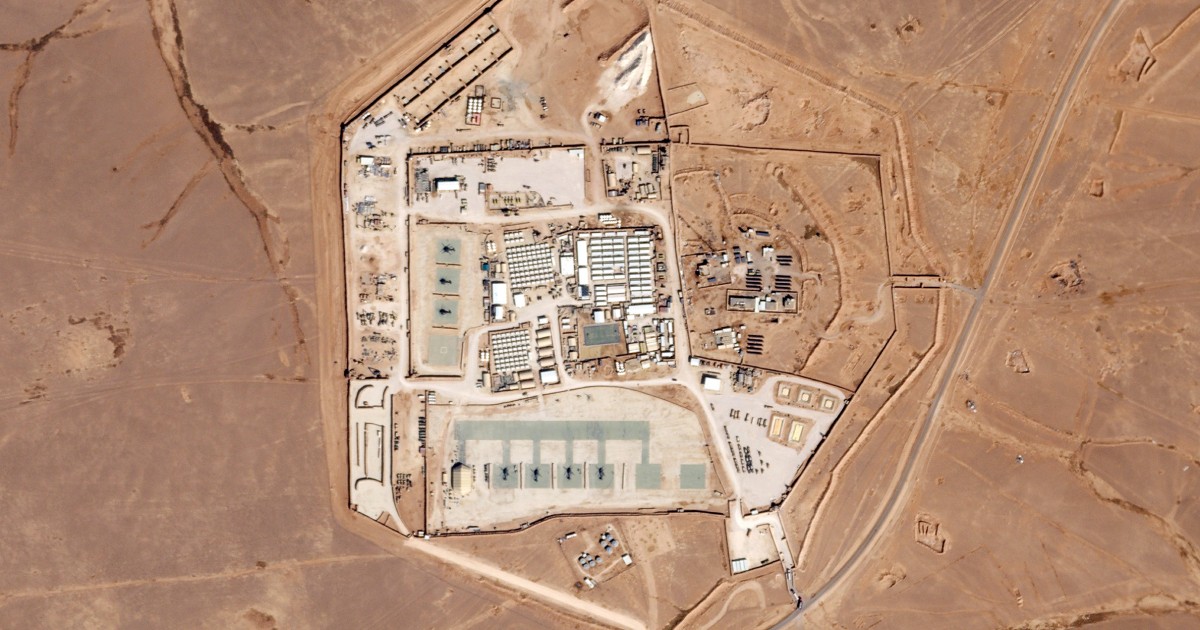Apparently, there is nothing new in the attack carried out yesterday on the Syria-Iraq border and attributed to Israel: again a convoy, again an attack from the air, again the successful destruction of the target.
Still, quite a bit can be learned from this incident about the campaign that is currently being waged within the framework of the Air Force against Iran: First, and contrary to reports, it seems that it was not an innocent convoy of fuel tankers that was attacked, but a civilian convoy that was used as cover for the smuggling of ammunition.
This is a familiar Iranian modus operandi, which tries to disguise the smuggling activity - often unsuccessfully.
Second, that Iran has returned to delivering weapons to Syria by land.
In recent weeks there have been several particularly loud attacks in the Damascus area.
This happened after a period of calm, which was preceded by another series of attacks, including those that caused significant (and deliberate) damage to the infrastructure at several airports in Syria, mainly in Damascus.
The attack in Syria, this week, photo: Arab Networks
It seems that the Assad administration turned to the Iranians and asked them to calm down, if only temporarily, and in Tehran they decided to send trucks instead of planes in the hope that they would manage to slip under Israel's operational intelligence radar.
Such tactical changes in the nature of smuggling have already happened in the past, and it is likely that if the ground axis is now threatened the Iranians will return to operating from the air.
Thirdly, that Iran is having difficulty in its efforts to produce the massive parts of the rockets and missiles in Syria and Lebanon.
The air force caused damage to the Syrian military industry in which the Iranian activity was carried out, and it seems that Tehran was forced to rely again on Iranian production - mainly of missile engines.
Added to this are the precision kits that are produced in Iran, which were most likely the main target this time as well.
Missile test in Iran // Photo: AP
Fourth, that Israel is willing to take considerable risks in the activity of the UAVs. An attack in the Deir ez-Zor district, in eastern Syria, is not similar to an attack in the west of the country. Although this time it seems that the attack was carried out in a different way - by armed drones, if we rely on media reports Arabic - and it is still a complex operation, which stretches quite a few intelligence and operational capabilities to the limit.
All of these show that Israel is determined to continue its efforts to prevent Iranian activity in Syria.
In recent years, these efforts have had many successes, and have resulted in Iran remaining far from the goal it had set for itself - an extensive military establishment in Syria, and a regular supply of precision weapons to Hezbollah in Lebanon.
But it seems that it is too early to welcome the end: Iran's rapprochement with Russia - as a result of the aid it provides to Moscow in its war in Ukraine - may sooner or later lead to a return, perhaps even in the form of an attempt to limit Israeli activity in Syria.
This is a threat with significant potential, which has recently occupied the security system, since it became known about the launch of the Iranian UAVs with their crews to Russia. It requires Israel to prepare diplomatically and militarily for the possibility that this will happen, including for changes in the pattern of operation within the framework of the UAVs and even for the unwanted possibility of a collision with Russia in Syria.
Since the Iranian threat will not disappear in the foreseeable future, Israel should assume that what has been until now will no longer be in the future, and anticipate a remedy (and solution) for the blow that may come.
were we wrong
We will fix it!
If you found an error in the article, we would appreciate it if you shared it with us








